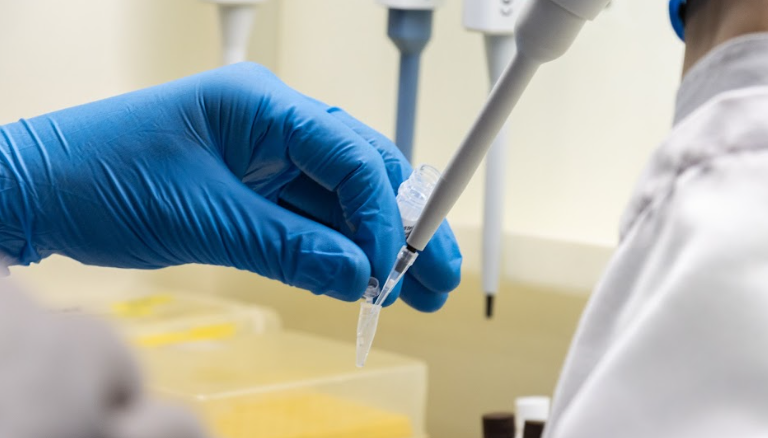Since its advent in 1992, ICSI has become used routinely in the vast majority of IVF units and has been found to be a safe and effective means of treating male factor infertility. ICSI has proven to a powerful tool in overcoming severe male factor cases which, prior to ICSI, treated with donor sperm. Although there has been conflicting data regarding the efficacy of ICSI in preventing or minimizing total fertilization failure ( it is condition, in conventional IVF, where we put eggs and prepared sperms in a dish to meet each other spontaneously, a natural process takes place in human fallopian tubes….and not a single sperm enters into any egg, or there is no fertilization). It happens in couples with unexplained infertility. The application of ICSI has been successfully extended to assisted reproduction techniques cases that involve sperm retrieval for either obstructive azoopermia or non-obstructive azoospermia. ICSI is also recommended in order to fertilize cryopreserved-thawed oocytes. Furthermore , ICSI is preferred in cases of pre-impantation genetic screening/preimplantaion genetic diagnosis in order to eliminate the risk of polyspermy that otherwise may affect the genetic make-up of the resultant embryo.

